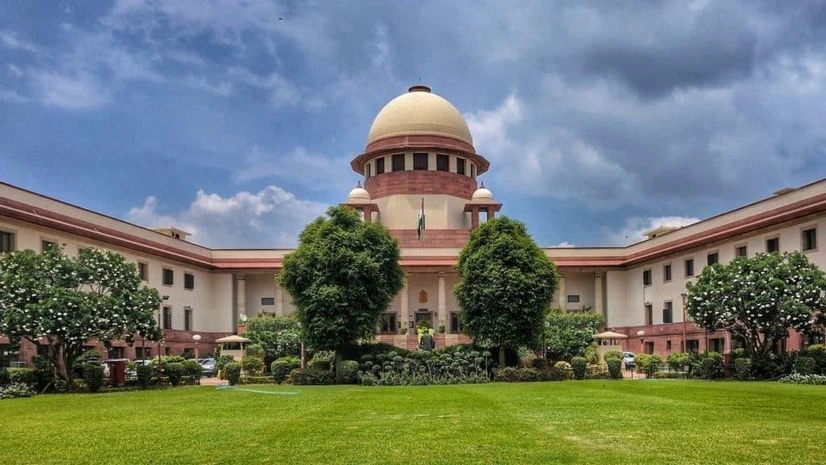The Supreme Court on Monday declined to stay the Patna High Court’s ruling, which had scrapped the 65 per cent caste-based reservation in jobs and admissions in Bihar, reported Bar and Bench.
A bench of Chief Justice DY Chandrachud and justices J B Pardiwla and Manoj Misra, however, agreed to hear pleas filed by the Bihar government against the Patna High court order and fixed the matter for hearing in September.
Earlier this month, the state government had challenged the Patna High Court’s decision in the Supreme Court, challenging the scrapping of the increased reservations for Backward Classes from 50 per cent to 65 per cent in government jobs and educational admissions.
The plea against the high court’s decision argued that the criterion for exceeding the 50 per cent reservation cap should be a Social Test rather than a Geographical Test. It claimed that the high court's use of caste survey data to determine adequate representation of backward classes was an “overreach” into state authority.
What was the caste-based quota system in Bihar?
In November of last year, following a caste survey, the Bihar government increased the caste-based quota in education and government jobs from 50 per cent to 65 per cent, aligning with states like Tamil Nadu where such reservations exceed 50 per cent.
Chief Minister Nitish Kumar announced that based on the survey findings, Rs 2 lakh would be given as one-time financial assistance to 94 lakh families earning less than Rs 6,000 per month. Homeless families among them would receive Rs 1 lakh each for land purchases to build houses.
More From This Section
The legislation raised quotas for Scheduled Castes from 16 per cent to 20 per cent, Scheduled Tribes from 1 per cent to 2 per cent, Extremely Backward Castes from 18 per cent to 25 per cent, and Other Backward Classes from 15 per cent to 18 per cent, totalling 65 per cent in caste-based reservations. Including a 10 per cent quota for economically weaker sections, the overall reservation in jobs and educational institutions would be 75 per cent.
These Bills were unanimously passed in the Assembly on November 9, after presenting a detailed analysis of the state's caste survey, which revealed significant economic and social disparities among marginalised castes compared to the general categories, who were overrepresented in government jobs and education.
Patna High Court strikes down Bihar quota Bill
However, in June this year, the Patna High Court struck down the Bihar legislature’s amendments, citing constitutional violations and breaches of Articles 14, 15, and 16, which guarantee equality before the law. Chief Justice K Vinod Chandran and Justice Harish Kumar ruled that the Bill violated the right to equality, as reported by The Indian Express.

)